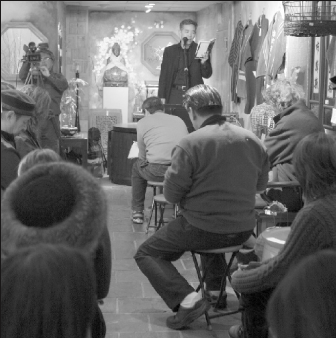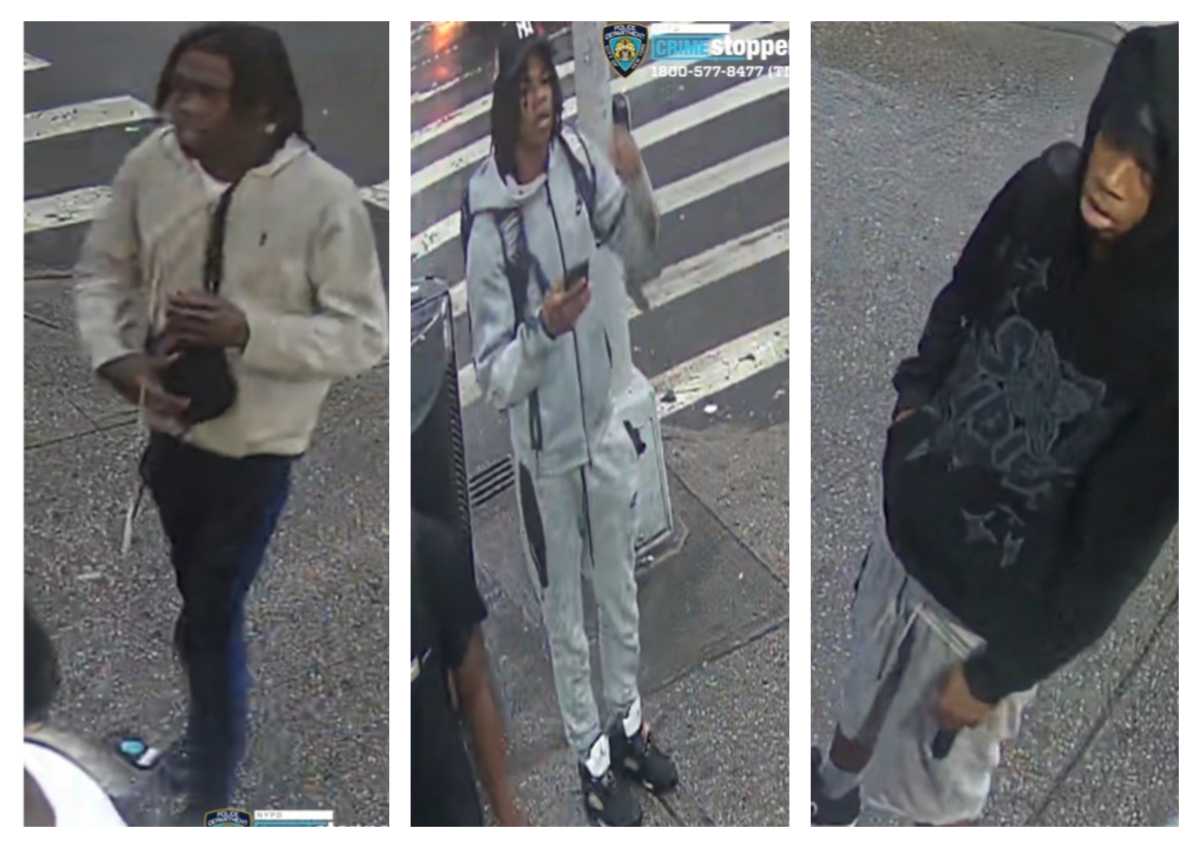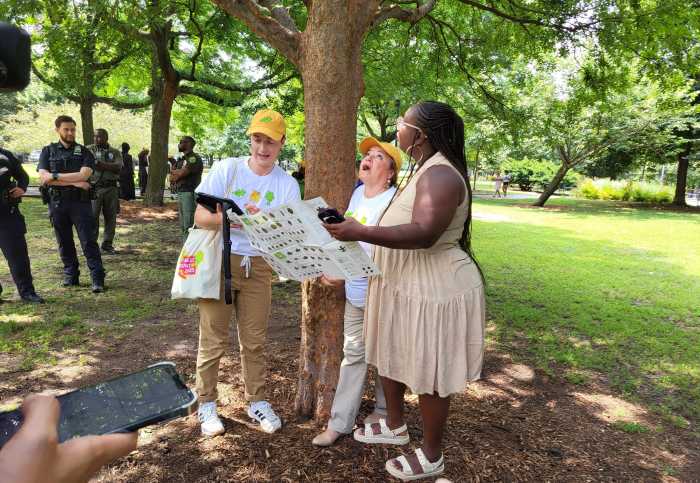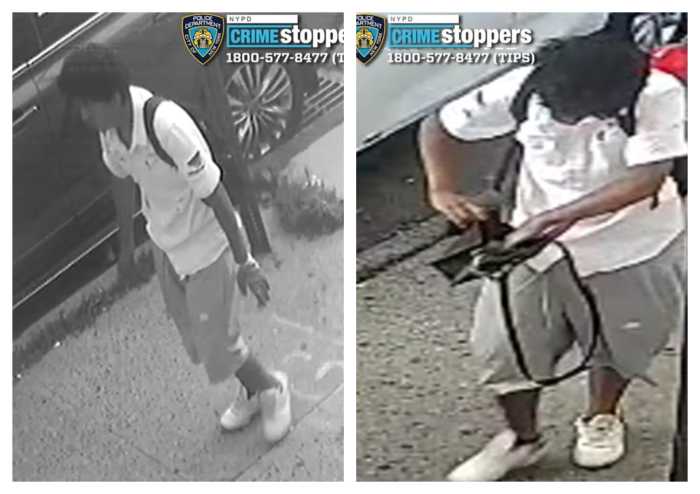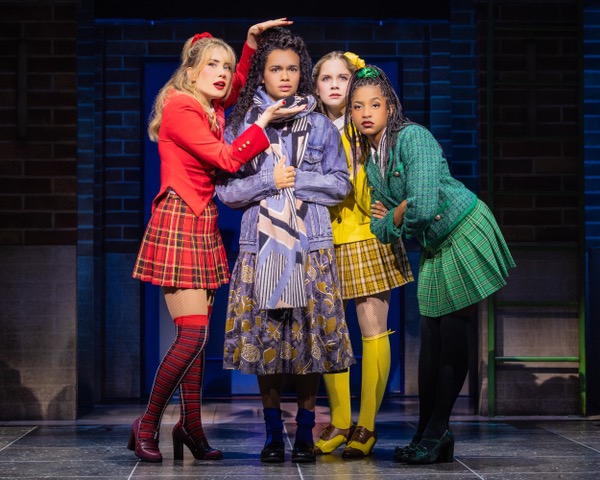By Tina Shah
Henry Chang is not the type of author who hibernates in a den behind his laptop. He is a man in tune with his senses and inspired by his surroundings. That is why it would be no surprise if you found him standing at a corner in Chinatown taking notes in the pouring rain or even in below-freezing temperatures.
“When you are out there you see things, you smell things,” Chang said. “I am not feeling it if I am indoors.”
Chang, a debut-novelist born and raised in Chinatown, released his crime fiction, “Chinatown Beat”, in November. The story centers around a Chinese-American detective named Jack Yu, who returns to serve in the Fifth Precinct in Chinatown while grappling with his father’s death and the horrors of Chinatown crime. Using his experiences of growing up in the gang-infested and crime-ridden world that haunted the streets of Chinatown in the 1970s, Chang makes his readers smell the urine stench in the Chinatown tenements, taste the siew yeh — the noodle dish paired with pieces of chicken and pork — served in restaurants, hear the passionate singing echo from karaoke bars and feel the pain of a Hong Kong woman being sexually abused.
In the last four months, “Chinatown Beat” has taken Chang to Boston, San Francisco and all over New York City for book readings. He has received reviews from The New York Times and Boston Globe, no easy feat for a first-time novelist. The first 7,000 copies are soon to be sold out and his publisher, Soho Press Inc., plans to come out with a paperback in November. He has been approached with possible offers to make his book into a movie. But for now he has taken a year off from his job as a security manager in Downtown and is focusing on his book.
“I am really excited,” Chang beamed, as crinkles formed at the edges of his eyes hidden behind trendy glasses. “It’s great that the public wants more.”
Chang, 55, plans to finish the sequel, “Year of the Dog”, by this May. He eventually aims to produce a trilogy. But no matter how far on the road of fame this takes Chang, he will not forget that it all began with a touch of destiny.
About two years ago, Chang was walking home from his shift as a security officer near ground zero. As he followed an alley behind the federal prison, he noticed a woman in a wheelchair approaching him. She struck him as someone familiar.
“My God, is that you Henry?” she asked.
“Is that you Doris?” Chang replied.
Chang and Doris Chong, who had not seen each other in more than 15 years, reacquainted. When Chang told her about a novel he wrote on Chinatown almost 20 years ago, Chong who at the time was the senior editor at Reader’s Digest, said she was interested. But, Chang had already been down that road.
He had started out writing short stories, writing on anything from tablecloths to napkins. But he soon discovered that his stories were more about the darkness engulfing Chinatown than cultural exchanges. His characters began to come to life. After Chang finished writing the book in 1992, he showed it to about six major publishers, but they all had the same answer: there is no niche for a book this “raw.” Chang did not bother to send a copy to Chong, until she called him insisting.
“I had to go into my closet and the book was so dusty that I had to get a brush to clean it,” Chang said.
Ten months later, Chang received the call he had been anticipating for more than a decade; his book had been sold.
Feeling rejuvenated, Chang recalled when he saw his book shelved at Barnes & Noble in between two famous mystery writers — Agatha Christie and Raymond Chandler.
“Yo, take a picture of me with the book on the shelf,” he told his friend.
Chang can’t help but think what if he got out of work on that October night later or earlier. He would not have met Chong and his “Chinatown Beat” may have remained in the closet forever.
“The Chinese believe in destiny,” Chang said. He knew he had been touched by the hand of destiny.
Neighborhood violence
“One murder every three hours. One rape every hour and a half. One robbery every four minutes. An aggravated assault every six minutes.”
This is the Chinatown Chang recalls and writes about in his book.
Although Chang’s book is fiction, he has drawn characters and scenarios he was been exposed to growing up in Chinatown.
Chang said there was violence on the streets and some of it was committed by his friends. In fact, his friend was stabbed right in front of his Mott St. home 35 years ago. People did not pay attention to law enforcement officers, who had problems of their own, he added.
“Most of the cops were white and of lot of them were racist,” Chang said. “You won’t know until you have a cop stick a gun in your face and throw you up against a car.”
Having studied English literature at City College of New York, Chang had read one too many novels in which Asian Americans were emasculated and portrayed in the same three ways: laundromat owners, martial art teachers and cooks. He was inspired by the tone and styles Frank Chin and John Okada, Asian-American writers. Chang wanted his character to be just as strong as their characters and he concluded that a cop who was bred in Chinatown to understand the people, but was also an American was the perfect fit.
At a small antique shop on Mott St., Chang is mingling on a recent Saturday night with the dozen or so people who have come to hear him read from his novel. Stools are lined up along the narrow hallway of the store and people are taking their seats. The lights are dimmed and the atmosphere is intimate.
“I’d like to make a shout out to my die-hard hommies out there,” Chang says with some spunk. He thanks his friend, the owner of the store, for letting him use the space and for being supportive.
He reads the chapter, “The City,” keeping his right hand in the pocket of his black slacks. He reads slowly, in a mellow voice that captures the audience. Most of the people are friends he grew up with and some can actually be found in the book. They ask him about the erotic scenes in the novel and how he plans to let his readers know that Chinatown is no longer a death zone.
“It’s all memory and we all know how frail memory is,” Chang says. “So I’m trying to get it all out.”
Geoff Lee, who has known Chang since third grade, shared many of those memories.
“It was a rough time,” Lee said, referring to a space where American-born Chinese, like himself, and foreign-born gang members would have to mingle.
Lee, 54, remembers being in a pool room when he was a teenager and seeing guys get their throats slit. He knows the Chinatown Chang wrote about. He lived it.
Linda Nicoll played on Chang’s neighborhood basketball team 25 years ago and reacquainted with Chang at the library on East Broadway recently. Nicoll (who was adorned in a fur hat) said Chang’s success was just a matter of time.
“It’s so Henry,” Nicoll said, referring to the book. “He’s always observed everything.”
Henry Chang will be reading from the “Chinatown Beat” on Wed., Feb. 28 at 8 p.m. at Silk Road Mocha, 30 Mott St.



